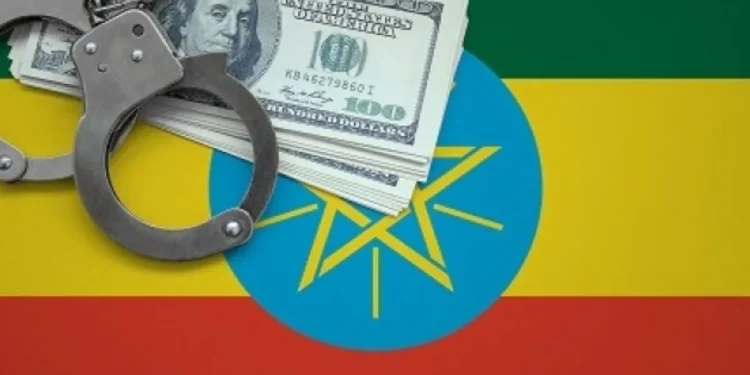Ethiopia has officially become Africa’s third nation to default in as many years, failing to meet a $33 million “coupon” payment on its sole international government bond. The default, widely anticipated due to the country’s economic challenges, comes against the backdrop of the COVID-19 pandemic and a recent two-year civil war that concluded in November 2022.*
The Ethiopian government, Africa’s second most populous nation, had signaled its intention to formally declare default earlier this month, citing severe financial strain exacerbated by the aforementioned crises. The missed payment was originally due on December 11, with a 14-day grace period providing a technical deadline until Tuesday for Ethiopia to fulfill its financial obligation.
Sources familiar with the situation revealed that as of the end of Friday, December 22, the last international banking working day before the grace period’s expiration, bondholders had not received the expected coupon payment. Despite attempts to seek clarification from Ethiopian government officials, no comments have been provided in response to inquiries made over the weekend.
Ethiopia now joins the ranks of two other African nations, Zambia and Ghana, in undergoing a full-scale “Common Framework” restructuring after defaulting on international debt obligations. The East African nation initiated the process by seeking debt relief under the G20-led initiative in early 2021.
Progress in the debt relief discussions faced initial setbacks due to the civil war. However, in November, Ethiopia’s official sector government creditors, including China, agreed to a debt service suspension deal as the country’s foreign exchange reserves dwindled, and inflation surged.
On December 8, the Ethiopian government disclosed that parallel negotiations with pension funds and other private sector creditors holding its bond had collapsed. Subsequently, on December 15, credit ratings agency S&P Global downgraded Ethiopia’s bond to “Default,” anticipating the missed coupon payment.
The default underscores the economic challenges facing Ethiopia and emphasizes the urgency of debt restructuring efforts. As the country grapples with the aftermath of the civil war and the economic fallout from the pandemic, international attention remains on Ethiopia’s efforts to stabilize its financial situation and navigate a path toward sustainable recovery. Investors and observers will closely monitor subsequent developments and negotiations in the wake of this default.











